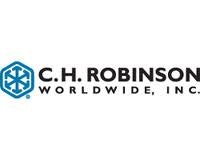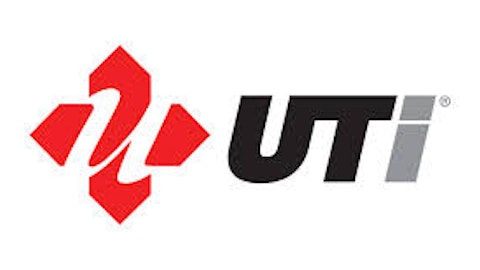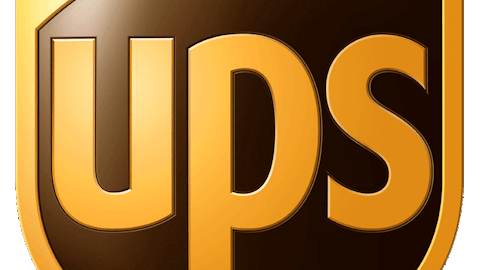The chief aim of substantially all business ventures is to invest cash in a manner that returns a larger amount of cash than could be earned in another endeavor of equal or lesser risk. For investors, return is measured by compound annual gains or losses of a particular portfolio. For businesses, the return is often measured by return on invested capital (ROIC), or some variant thereof.
ROIC is crucial to the success or failure of a business because the more cash that can be generated by each dollar invested usually means it takes less capital to generate even higher cash flows — allowing current shareholders to hold onto more of the company without being diluted or having to take on an inordinate amount of debt.
For instance, a company that earns $50 million on $200 million of assets is probably a better company than one that earns $500 million on $20 billion of assets. The first company earns 25 cents for every dollar invested, while the second company earns only 5 cents per dollar invested. Furthermore, it is reasonable to assume that the first company will earn more money for each additional dollar in the business, freeing up more capital that can be returned to shareholders even as cash flows accelerate.

As you can imagine, C.H. Robinson Worldwide, Inc. (NASDAQ:CHRW)’s business requires relatively little in the way of fixed assets; its largest asset is accounts receivable. As a result, the company routinely earns 30%+ ROIC. The high ROIC enables the company to expand with hardly any additional investment, meaning the only limit to bottom-line growth is industry growth and market share.
C.H. Robinson Worldwide, Inc. (NASDAQ:CHRW) earns a higher ROIC than any of its peers. One rival, Expeditors International of Washington (NASDAQ:EXPD), has a strategy similar to that of C.H. Robinson, yet it earns a somewhat lower ROIC. Expeditors takes advantage of its asset-light model by expanding organically rather than paying high multiples for acquisitions. This is the proper strategy for an asset-light business, so long as it can continue growing in new markets.
However, Expeditors’ cash management has been less than stellar. Instead of taking advantage of its low reinvestment needs by returning excess cash to shareholders, the company carries a large cash balance; this defeats the purpose of following a strategy that requires little cash.
However, even Expeditors is better off than J.B. Hunt Transport Services, Inc. (NASDAQ:JBHT), which owns many of the assets it uses to ship clients’ goods. Hunt has limited the cash necessary to invest for growth by focusing on the relatively high ROIC intermodal segment. In addition to offering high ROICs, intermodal offers the flexibility to switch between ships, trucks, and rail — depending on which is the most efficient given energy prices and destination. This affords it both an above-average ROIC and downside protection, but it is not nearly as capital-efficient as C.H. Robinson Worldwide, Inc. (NASDAQ:CHRW)’s model.
Key takeaway
C.H. Robinson’s high-ROIC model allows it to return an abnormally high amount of capital to shareholders while it continues to grow. Investors who buy the stock at a reasonable multiple of earnings (say, 17x or below) will be rewarded with above-average long-term gains.
Ted Cooper has no position in any stocks mentioned. The Motley Fool owns shares of Expeditors International of Washington.
The article High ROIC Makes This Stock an Attractive Long-Term Holding originally appeared on Fool.com.
Copyright © 1995 – 2013 The Motley Fool, LLC. All rights reserved. The Motley Fool has a disclosure policy.


